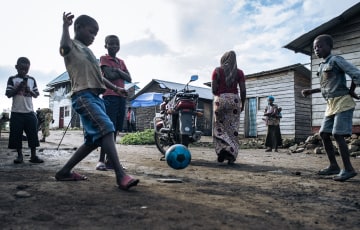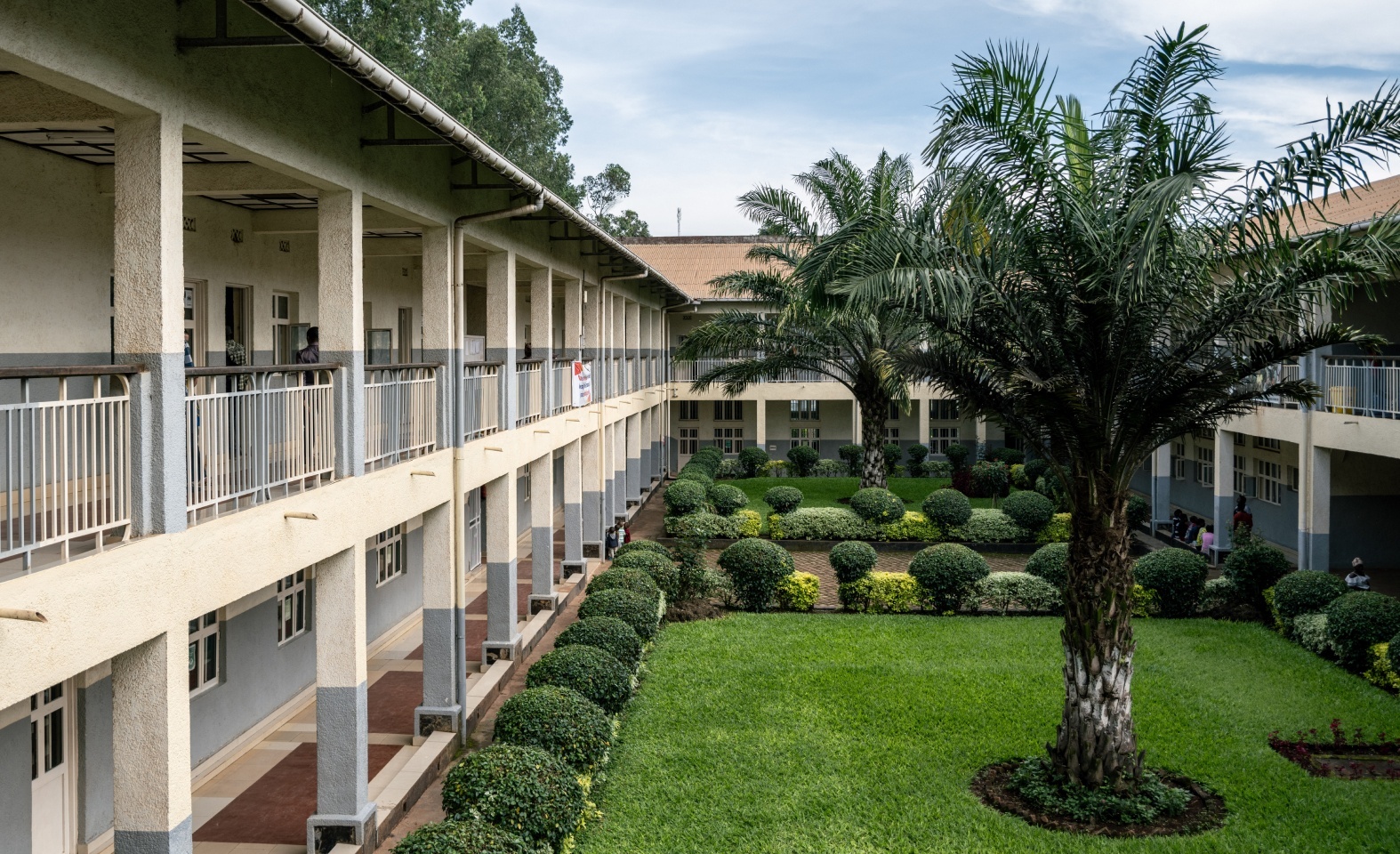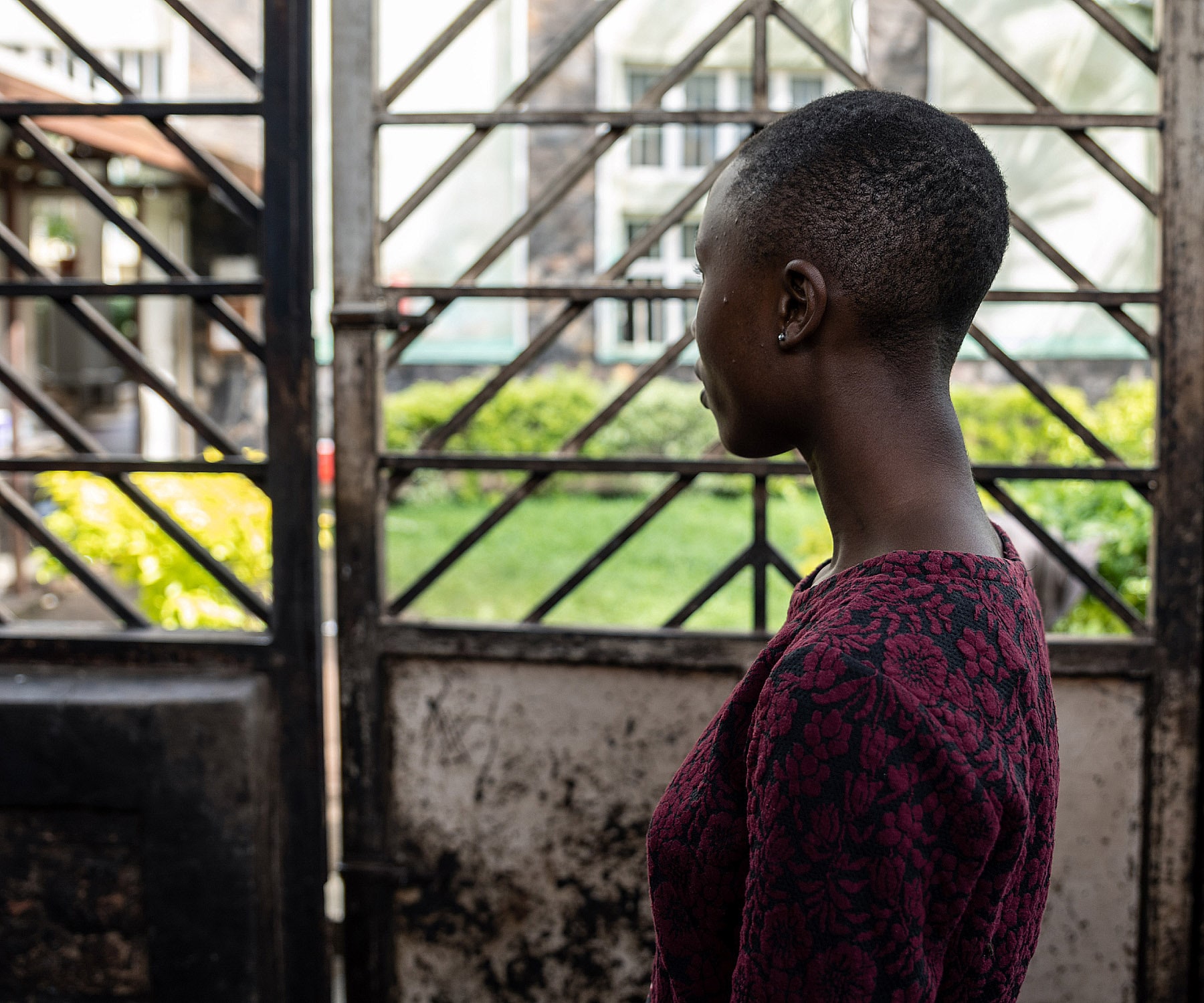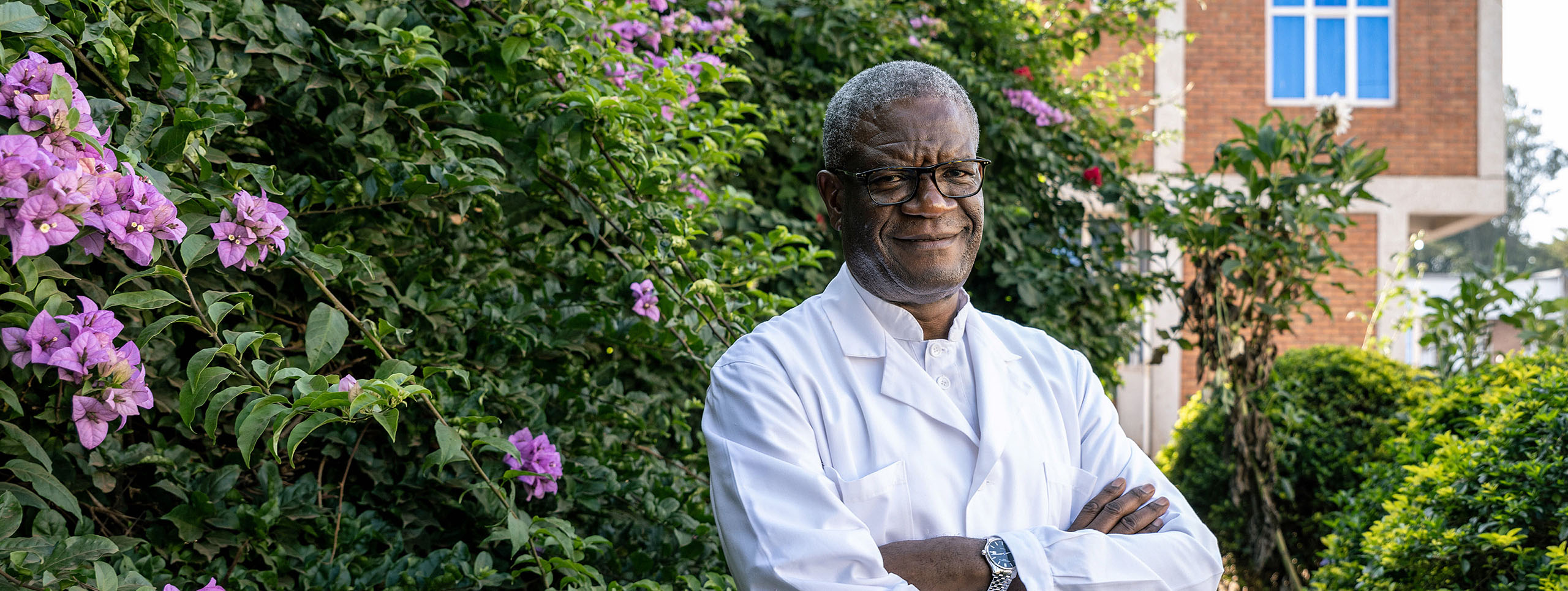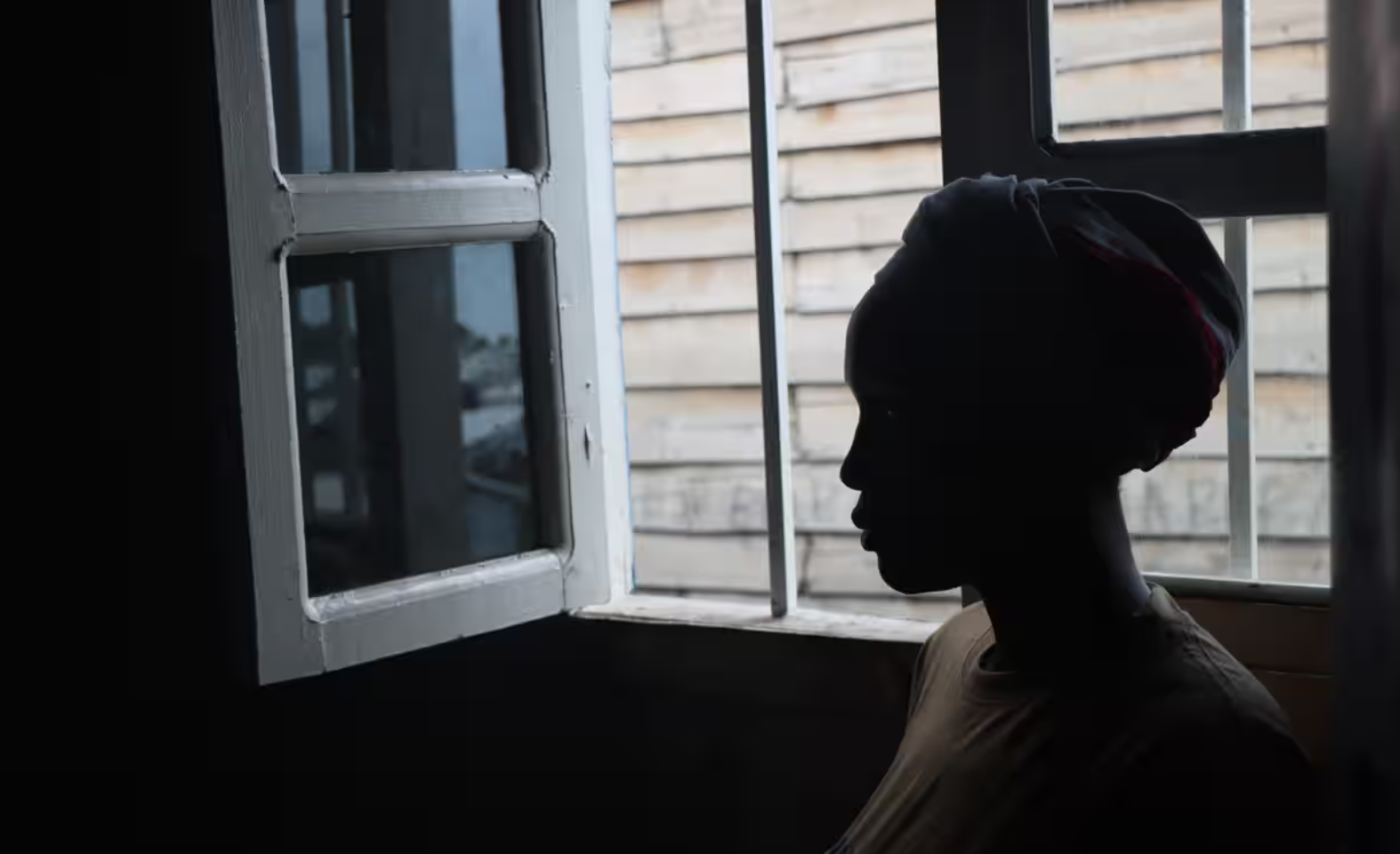Bukavu, October 1, 2020 — Statement from Dr. Denis Mukwege and Louise Arbour, former United Nations High Commissioner for Human Rights, on the 10th Anniversary of the Publication of the Mapping Report — Originally Published in French in Le Monde
For 25 years, the Democratic Republic of the Congo (DRC) has been plunged into a deep political and security crisis, which still constitutes a serious threat to international peace and security. Wars combined with cycles of violence and reprisals have resulted in one of the most serious humanitarian crises of modern times, with a heavy human toll: millions of victims have been killed or displaced, and hundreds of thousands of women have been raped.
Various attempts to establish peace in the DRC have all carried with them the seeds of new conflicts by prioritizing short-term political fixes over durable solutions. Justice has been sacrificed on the altar of peace and indiscipline has been built into the security and defense forces by granting promotions to those who should have been held accountable before national or international courts. This has resulted in disastrous consequences for the protection of civilians and undermined efforts to establish a rule of law.
The perpetrators and instigators of the most serious crimes continue to enjoy impunity, This is the reason these massacres and rapes have recurred, and also largely explains why such atrocities occur regularly even now.
A recent report by the United Nations Joint Office for Human Rights in the DRC is alarmed by the deterioration of the human rights situation in the provinces in conflict, and has documented more than 1,300 deaths during the first half of this year. The imperative to provide justice is therefore an essential prerequisite for breaking the cycle of violence and instability, and is a sine qua non for moving forward on a path of sustainable development and peace.
Today marks the 10th anniversary of the publication of the United Nations Mapping Report on the most serious violations of human rights and international humanitarian law committed on the territory of the DRC between 1993 and 2003, one of the darkest periods in the country’s modern history. We would like to remind you that this very detailed inventory—which listed 617 violent incidents that could be qualified as war crimes, crimes against humanity, or even the crime of genocide if the facts were brought to the attention of a competent court—cannot remain unanswered. These crimes include a massacre of women buried alive after having been raped and impaled, of congregants who sought refuge in churches and instead were burned alive, and cases in which sick patients were murdered in their hospital beds.
Let us remember, these crimes listed by the United Nations are imprescriptible, and no immunity can be invoked. The severity of these crimes should shock the conscience of humanity, and can neither be forgotten nor go unpunished. UN experts also concluded that the means at the disposal of the Congolese judicial system to put an end to the impunity of these international crimes are “undoubtedly insufficient” and formulated a series of recommendations for Congolese authorities to break the climate of impunity with the support of the international community.
These recommendations support the need to use various tools of transitional justice: establishment of an international criminal court for the DRC and / or mixed specialized chambers within Congolese jurisdictions, recourse to mechanisms for establishing the truth and reparation programs, and finally, adoption of institutional reforms, such as a serious reform of the security and justice sectors and a vetting of public servants to ensure the non-recurrence of atrocities.
We deplore that no initiative has been taken to date to implement these recommendations, which is particularly shocking given the gravity and scale of the crimes committed. We welcome the commitment of President Tshisekedi—a politician unrelated to the crimes of the past—to fight impunity. We encourage him to promote transitional justice mechanisms so that the victims of the most serious crimes committed since the beginning of the 1990s see their rights to justice, truth, reparations, and guarantees of non-repetition finally respected.



